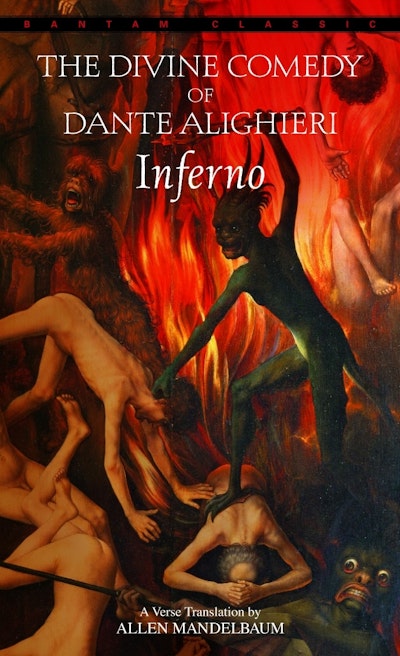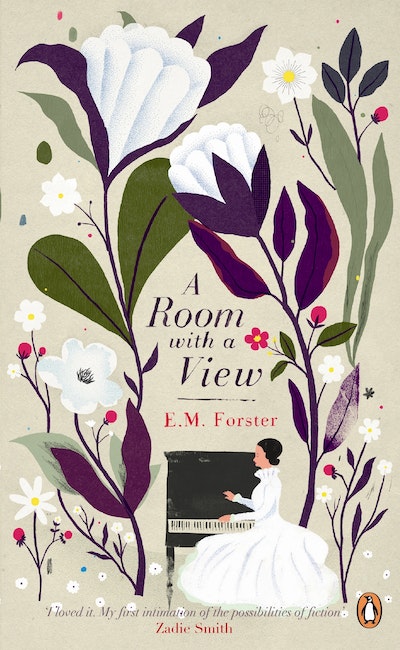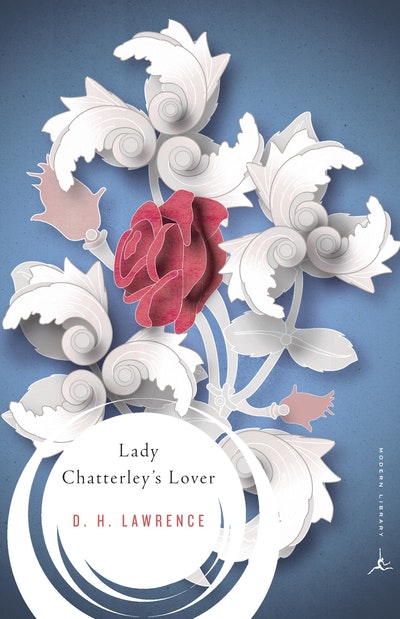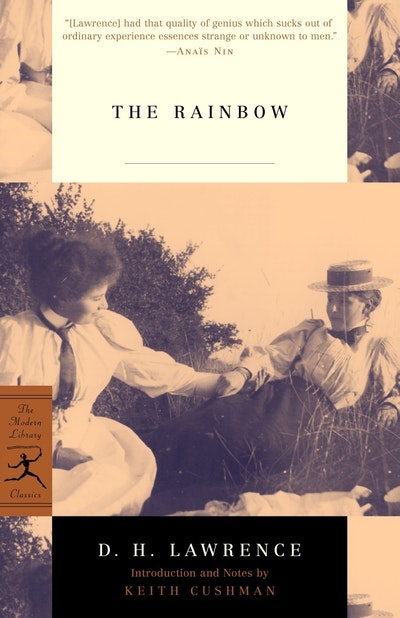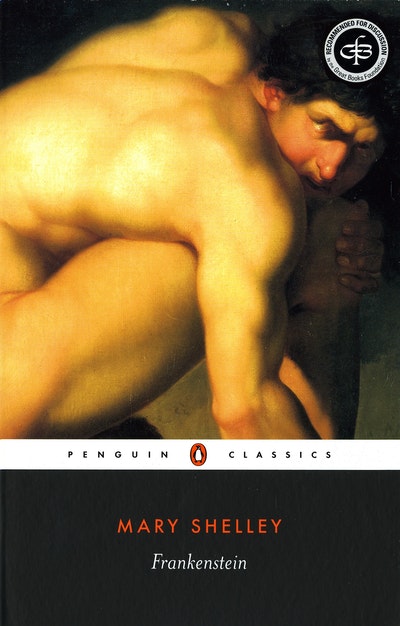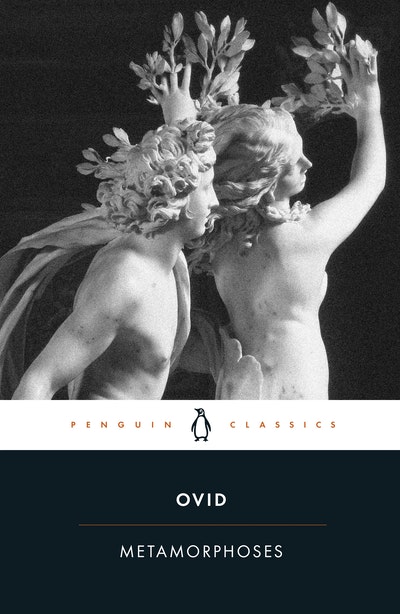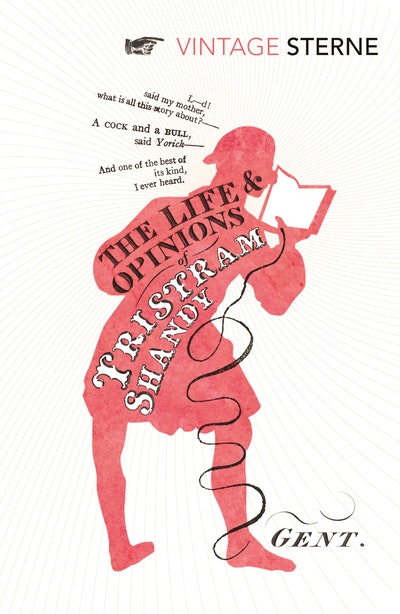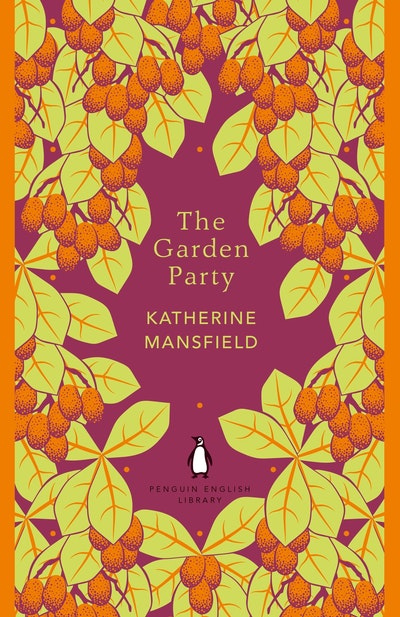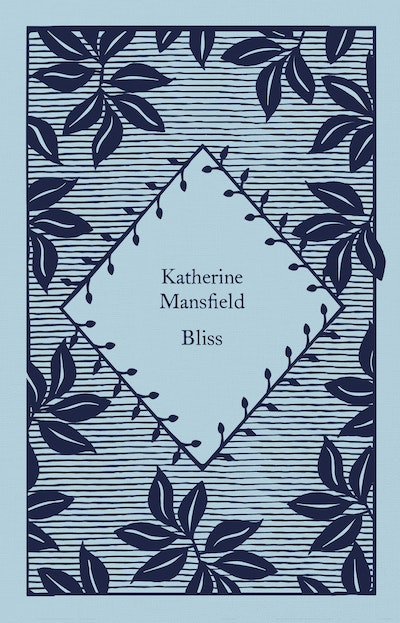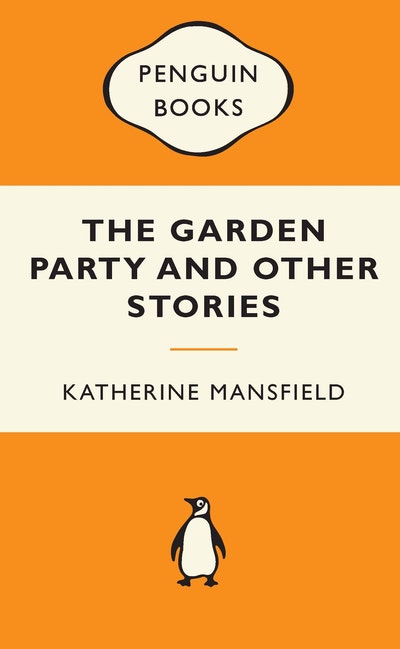- Published: 4 June 2007
- ISBN: 9780141441818
- Imprint: Penguin Classics
- Format: Paperback
- Pages: 816
- RRP: $32.00
The Collected Stories of Katherine Mansfield
With a new introduction by Ali Smith
WITH AN INTRODUCTION BY ALI SMITH
Katherine Mansfield's clear, sparkling and perceptive short stories revolutionized the genre, and this collection represents the whole range of her writing. Moving, resonant, full of light and colour, they range from short sharp studies to longer, richer tales, encompassing her three major volumes Bliss, The Garden Party and In a German Pension, and fifteen tantalizing fragments of unfinished stories published after her tragic death, including 'Honesty', an intriguing tale of two bachelors, and 'The Doves' Nest', an exquisite story of a widowed mother and her daughter in the Riviera who receive a mysterious gentleman caller. Graceful, delicate and quietly devastating, they observe apparently trivial incidents to create sensitive, often painful revelations of her characters' inner lives.
- Published: 4 June 2007
- ISBN: 9780141441818
- Imprint: Penguin Classics
- Format: Paperback
- Pages: 816
- RRP: $32.00


















